详细说明
Assay Type
Solid Phase Sandwich ELISA
Format
96-well strip plate
Sample Type & Volume Required
100 µL
Range
7.81 - 500 pg/mL
Sufficient Materials
For five or fifteen 96-well plates*
Specificity
Please see the
* Provided that the recommended microplates, buffers, diluents, substrates and solutions are used, and the assay is run as summarized in the Assay Procedure provided.
Ancillary Reagent Kit Available
DY008, DuoSet ELISA Ancillary Reagent Kit 2 -
This DuoSet ELISA Development kit contains the basic components required for the development of sandwich ELISAs to measure natural and recombinant mouse GM-CSF. The suggested diluent is suitable for the analysis of most cell culture supernate samples. Diluents for complex matrices, such as serum and plasma, should be evaluated prior to use in this DuoSet.
Product Features
Optimized capture and detection antibody pairings with recommended concentrations save lengthy development time
Development protocols are provided to guide further assay optimization
Assay can be customized to your specific needs
Economical alternative to complete kits
Kit Content
Capture Antibody
Detection Antibody
Recombinant Standard
Streptavidin conjugated to horseradish-peroxidase (Streptavidin-HRP)
Other Reagents Required
DuoSet Ancillary Reagent Kit 2 (5 plates): (Catalog # ) containing 96 well microplates, plate sealers, substrate solution, stop solution, plate coating buffer (PBS), wash buffer, and Reagent Diluent Concentrate 2.
The components listed above may be purchased separately:
PBS: (Catalog # ), or 137 mM NaCl, 2.7 mM KCl, 8.1 mM Na2HPO4, 1.5 mM KH2PO4, pH 7.2 - 7.4, 0.2 µm filtered
Wash Buffer: (Catalog # ), or 0.05% Tween® 20 in PBS, pH 7.2-7.4
Reagent Diluent: (Catalog # ), or 1% BSA in PBS, pH 7.2-7.4, 0.2 µm filtered
Substrate Solution: 1:1 mixture of Color Reagent A (H2O2) and Color Reagent B (Tetramethylbenzidine) (Catalog # )
Stop Solution: 2 N H2SO4 (Catalog # )
Microplates: R&D Systems (Catalog # )
Plate Sealers: ELISA Plate Sealers (Catalog # )
Preparation and Storage
Storage
Store the unopened product at 2 - 8 °C. Do not use past expiration date.
Background: GM-CSF
GM-CSF (Granulocyte-Macrophage Colony Stimulating Factor) induces the development of monocytes, neutrophils, eosinophils, and myeloid and dermal dendritic cells. It also acts as a neutrophil and dendritic cell chemoattractant. GM-CSF promotes Th1 and Th17 cell mediated autoimmune inflammation as well as the inflammatory activation of dendritic cells, microglia, alveolar macrophages, and eosinophils. In addition, it cooperates with G-CSF in promoting tumor cell proliferation and invasion. GM-CSF signals through a receptor complex composed of GM-CSF R alpha and the Common beta Chain (beta c) with Syndecan-2 as a potential co-receptor. The beta c subunit is shared by the receptor complexes for IL-3 and IL-5.
Entrez Gene IDs:
1437 (Human); 12981 (Mouse); 116630 (Rat); 397208 (Porcine); 403923 (Canine); 493805 (Feline);
Long Name:
Granulocyte Macrophage Growth Factor
Aliases:
colony stimulating factor 2 (granulocyte-macrophage); Colony-stimulating factor; CSF; CSF2; GMCSF; GM-CSF; GMCSFgranulocyte-macrophage colony-stimulating factor; granulocyte-macrophage colony stimulating factor; MGC131935; MGC138897; molgramostin; sargramostim







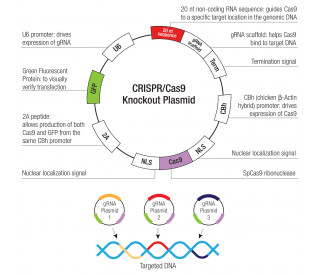
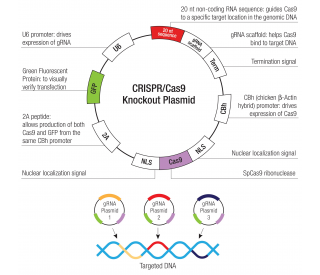
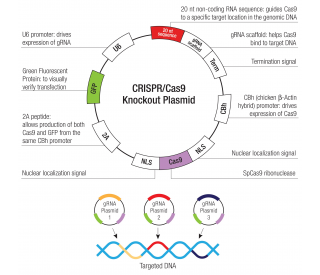
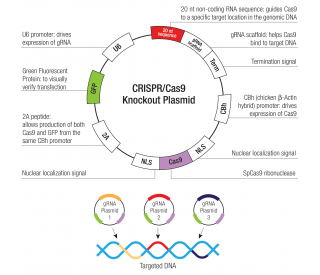
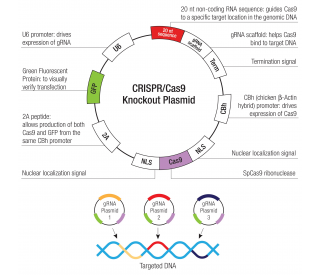
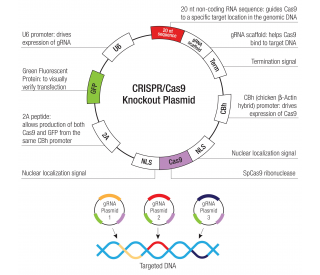



 粤公网安备44196802000105号
粤公网安备44196802000105号